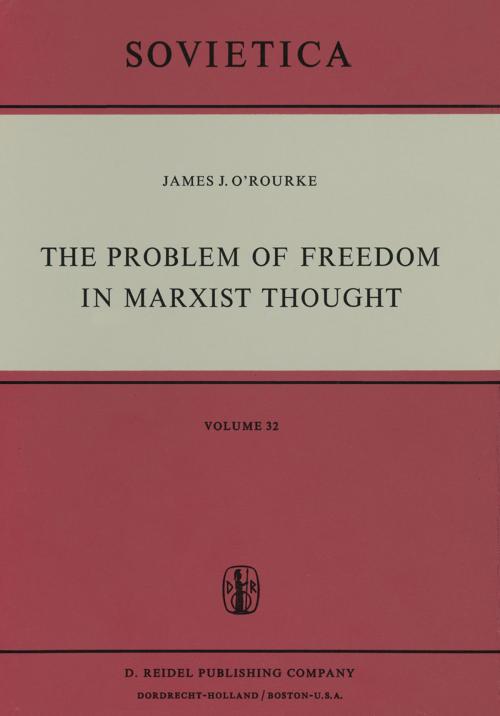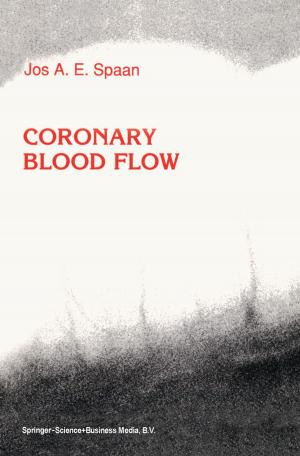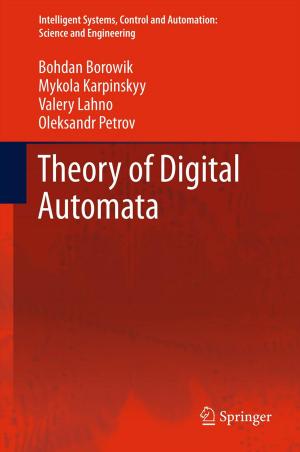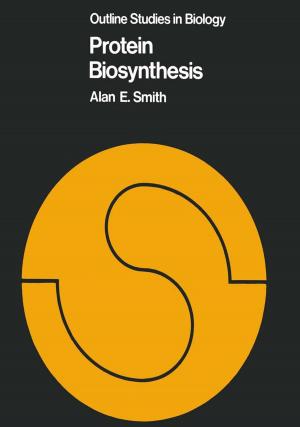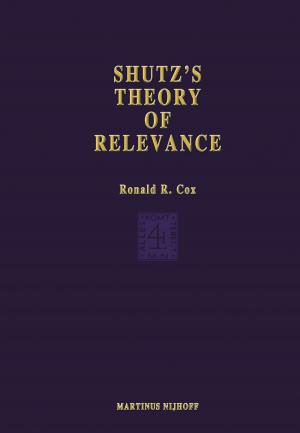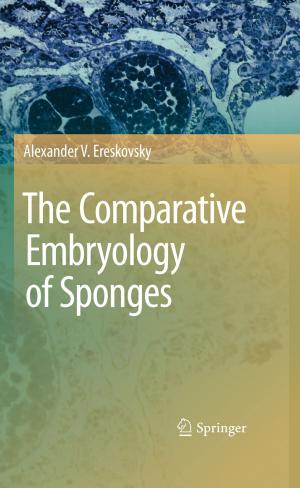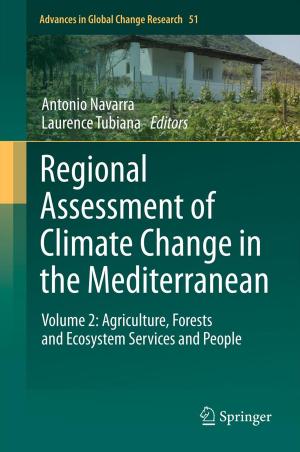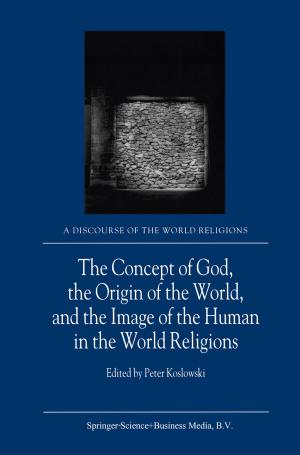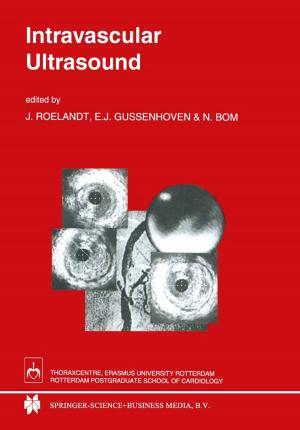The Problem of Freedom in Marxist Thought
An Analysis of the Treatment of Human Freedom by Marx, Engels, Lenin and Contemporary Soviet Philosophy
Nonfiction, Social & Cultural Studies, Political Science, Politics, History & Theory, Social Science| Author: | J.J. O'Rourke | ISBN: | 9789401021203 |
| Publisher: | Springer Netherlands | Publication: | December 6, 2012 |
| Imprint: | Springer | Language: | English |
| Author: | J.J. O'Rourke |
| ISBN: | 9789401021203 |
| Publisher: | Springer Netherlands |
| Publication: | December 6, 2012 |
| Imprint: | Springer |
| Language: | English |
This study seeks to present the theory of freedom as found in one line of the Marxist tradition, that which begins with Marx and Engels and continues through Lenin to contemporary Soviet philosophy. Although the primary goal is simply to describe how freedom is con ceived by the thinkers of this tradition, an attempt is also made to ascertain whether or not their views are strongly deterministic, as has often been presumed by Western commentators. is in order regarding the scope of the term 'contemporary A remark Soviet philosophy'. The Soviet stage in Marxist philosophy stretche. s back to the 1917 revolution. However, for the purposes of this study only works published after 1947 were examined, and the vast majority of them date from the 1960's. Apart from the fact that most works of previous periods were not available, bibliographical indications, such as the titles of the articles in Pod znamenem marksizma, did not suggest that the theory of freedom was then a major concern. In fact, even 1947 there was little development of this theme until the upsurge after of works in philosophical anthropology during the last decade. On the other hand, it is not being suggested that the conception of freedom found in recent writings is representative of earlier Soviet philosophy, during the Stalinist 'dead' period or earlier. Only further research could establish that. This work was presented as a doctoral dissertation at the University of Fribourg, Switzerland, under the direction of Professor J. M.
This study seeks to present the theory of freedom as found in one line of the Marxist tradition, that which begins with Marx and Engels and continues through Lenin to contemporary Soviet philosophy. Although the primary goal is simply to describe how freedom is con ceived by the thinkers of this tradition, an attempt is also made to ascertain whether or not their views are strongly deterministic, as has often been presumed by Western commentators. is in order regarding the scope of the term 'contemporary A remark Soviet philosophy'. The Soviet stage in Marxist philosophy stretche. s back to the 1917 revolution. However, for the purposes of this study only works published after 1947 were examined, and the vast majority of them date from the 1960's. Apart from the fact that most works of previous periods were not available, bibliographical indications, such as the titles of the articles in Pod znamenem marksizma, did not suggest that the theory of freedom was then a major concern. In fact, even 1947 there was little development of this theme until the upsurge after of works in philosophical anthropology during the last decade. On the other hand, it is not being suggested that the conception of freedom found in recent writings is representative of earlier Soviet philosophy, during the Stalinist 'dead' period or earlier. Only further research could establish that. This work was presented as a doctoral dissertation at the University of Fribourg, Switzerland, under the direction of Professor J. M.
